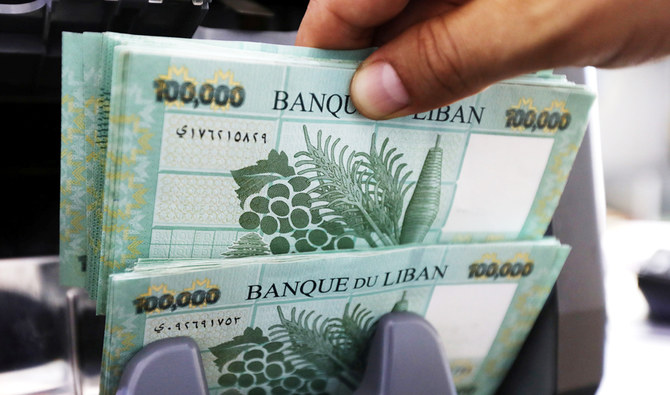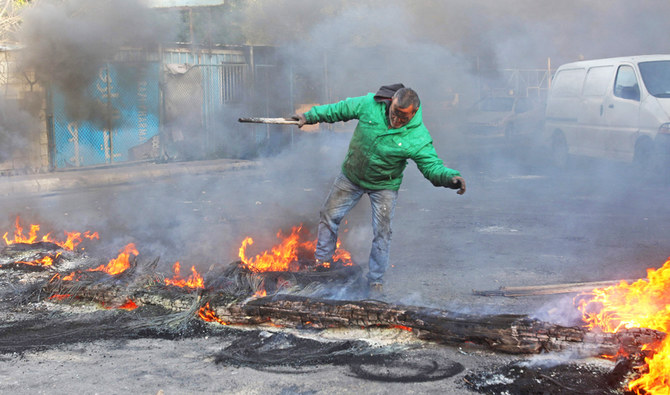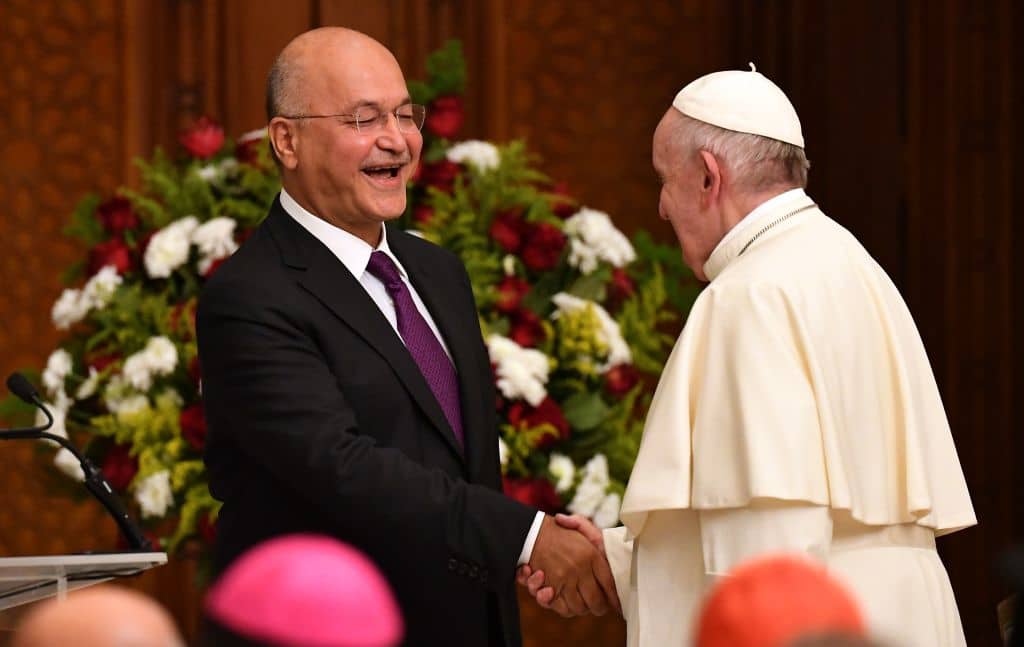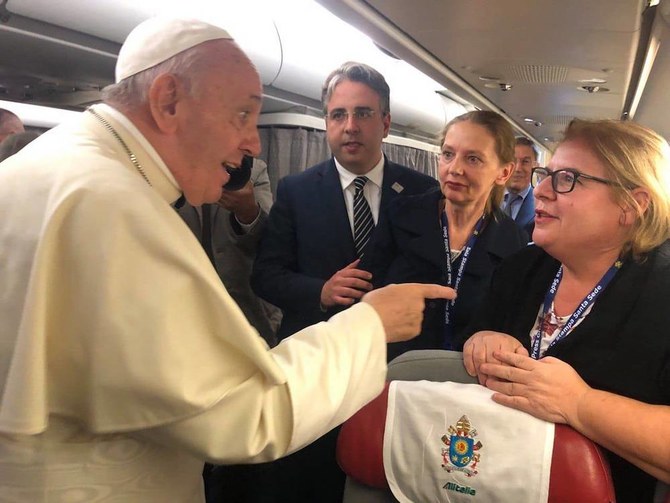
by arabnews.com — NAJIA HOUSSARI — BEIRUT: Lebanese authorities have ordered a crackdown on illicit foreign currency speculation as protests continue in Beirut. The Attorney General Judge Ghassan Oweidat directed the Lebanese security services, including the Military Intelligence, the Internal Security Forces, the General Security, the State Security and the customs officials, to pursue money-changers who tamper with the national currency and are involved in illicit foreign currency speculation. This move, not the first of its kind, is an attempt to dampen the widespread indignation that has continued for six days and intensified in street protests on Saturday and Sunday, which broke out after the dollar exchange rate hit 11,000 Lebanese pounds.
The protesters set up road blocks with rocks and burning tires on all major streets in Beirut and on the highways linking the regions. The Lebanese army reopened the blocked roads. Hundreds of people protested on Sunday night on motorcycles, roaming near the suburbs inhabited by a majority of Christians, which prompted the mobilization of security forces. A clash took place in Choueifat between the protesters and a driver who drove through a blocked road, injuring seven protesters. The security forces arrested him. The protests have moved from one area to the next without any visible leadership. During the weekend, they went into areas that were not usually affected by protests, including the southern suburbs, the southern road, which Hezbollah deems forbidden to be blocked, and the city of Hermel in northern Bekaa, where people staged a sit-in and burned tires to protest over the poor living conditions.



![A one hundred US dollar banknote sits on top of Lebanese pound banknotes in this arranged photograph in Beirut, Lebanon, on July 21, 2020 [Hasan Shaaban/Bloomberg via Getty Image]](https://i1.wp.com/www.middleeastmonitor.com/wp-content/uploads/2021/03/GettyImages-1227736994-scaled-e1614709846163.jpg?resize=1200%2C800&quality=85&strip=all&zoom=1&ssl=1)






